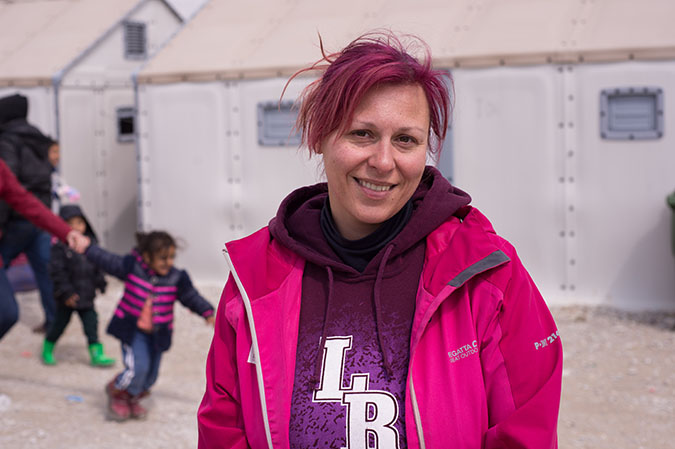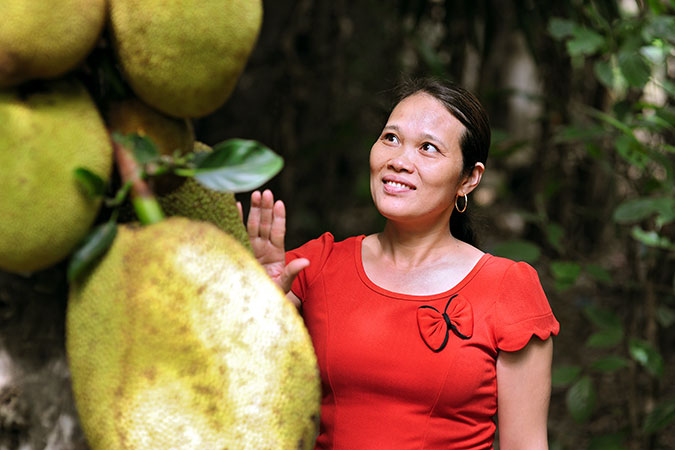Editorial spotlight: World Humanitarian Day
Date:

When crisis occurs, people’s lives change in an instant. It may be a flood that sweeps away homes and livelihoods in a flash; or a conflict that tears apart families forever, targeting those who had no role in its making.
On this year's World Humanitarian Day, 19 August, the United Nations and partners are advocating for the protection of civilians, humanitarian workers, and all those affected by conflict.
Conflicts impact the lives of women, girls, men and boys differently. Women and girls typically take on a higher burden of care-related tasks, such as providing food and water and caring for the sick. As society’s protection structures and support networks break down, and people flee impacted areas, women face heightened risks.
Adolescent girls in conflict zones are 90 per cent more likely to be out of school when compared to girls in other, conflict-free, countries. Girls are often kept out of school due to concerns about safety.
Sixty percent of preventable maternal mortality deaths take place in settings of conflict, displacement and natural disasters. Every day, 507 women and adolescent girls die from pregnancy and childbirth complications in emergency settings.
Join the conversation about protecting all those affected by conflict using #NotATarget.
Stories of women in crisis
In Tanzania, refugee women find safety and embrace new livesIn three Women’s Centres supported by UN Women in Tanzania, women refugees find safe spaces to network, learn new skills and recover from the trauma of war and sexual violence. Many have picked up new trades and advocate for their own rights. Some have found new family and new lives.
From where I stand: “With every thread I wove…I was weaving away my sorrows”At 47, Emm Ali has experienced immense loss. A Syrian refugee living in the Za’atari refugee camp in Jordan since 2013, she found a sense of purpose as she joined UN Women’s cash-for-work programme and started weaving carpets.
Video: Colombian women play central role in peace processDebora Barros Fince is a Waayu indigenous lawyer and human rights defender from Bahia Portete, Colombia. Her community was massacred by Colombian paramilitaries in 2004, leading the Wayuu to abandon their ancestral homeland. After the massacre she went on to create an organization called Mujeres Tejiendo la Paz (Women Weaving Peace), which works with victims of sexual and domestic violence and aims to include Colombian women in peacebuilding and national reconciliation.
From where I stand: Sonja DimitrijoskaSonja Dimitrijoska, 39, from the former Yugoslav Republic of Macedonia, is a humanitarian aid worker with the NGO La Strada, a partner organization of UN Women and Oxfam in their joint work to provide support to women and girl refugees in transit centres in the Western Balkans.
In Viet Nam, women are leading disaster prevention and response In Viet Nam, one of the most disaster-prone countries in the world, women’s role in disaster risk reduction, preparedness and response was not recognized, until recently. Local women are now leading their communities in preparing for floods in ways that reduce negative impacts.




